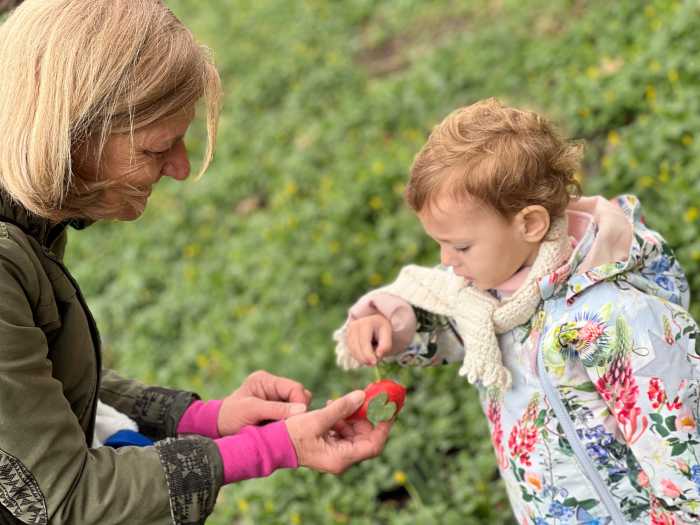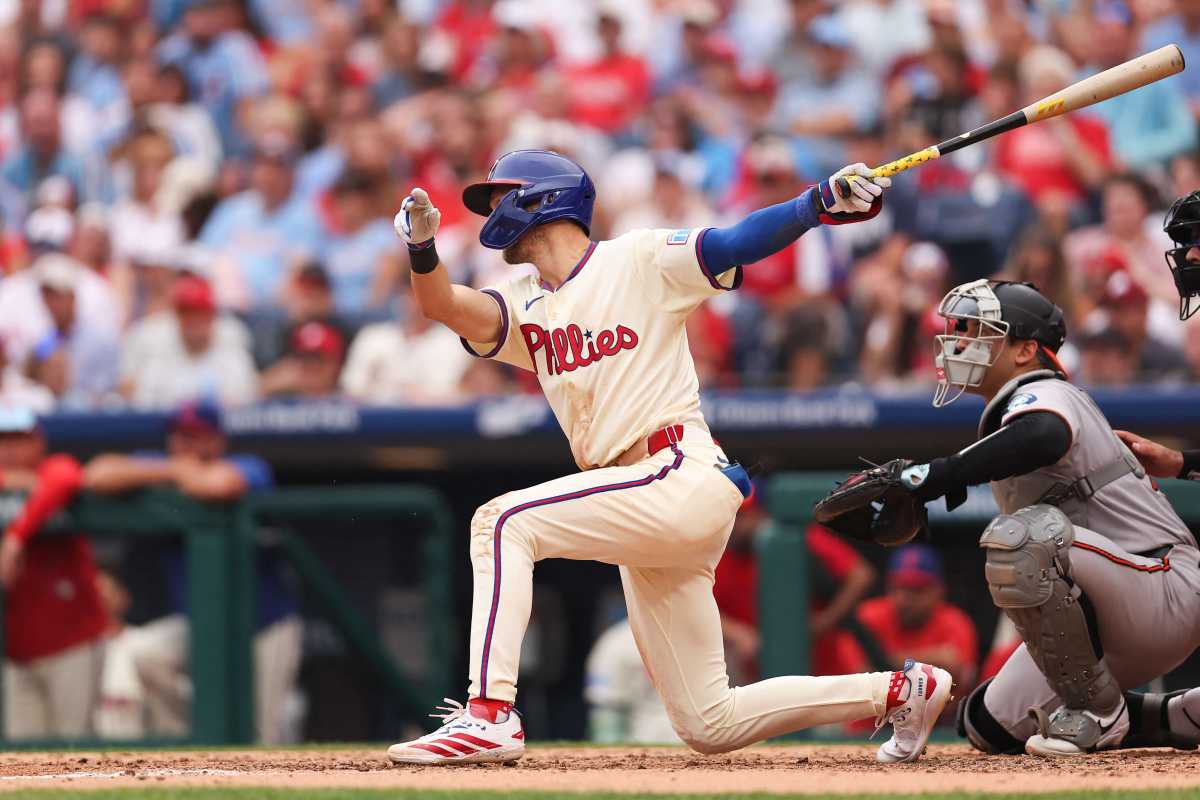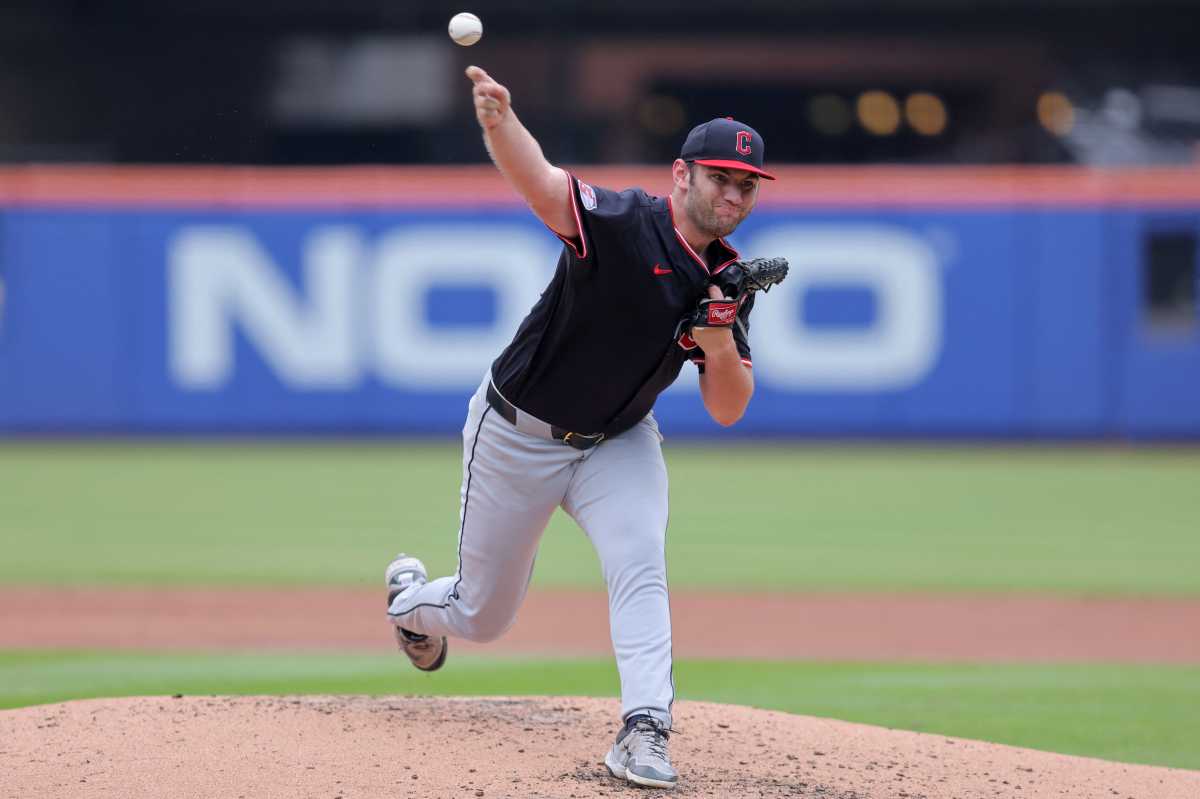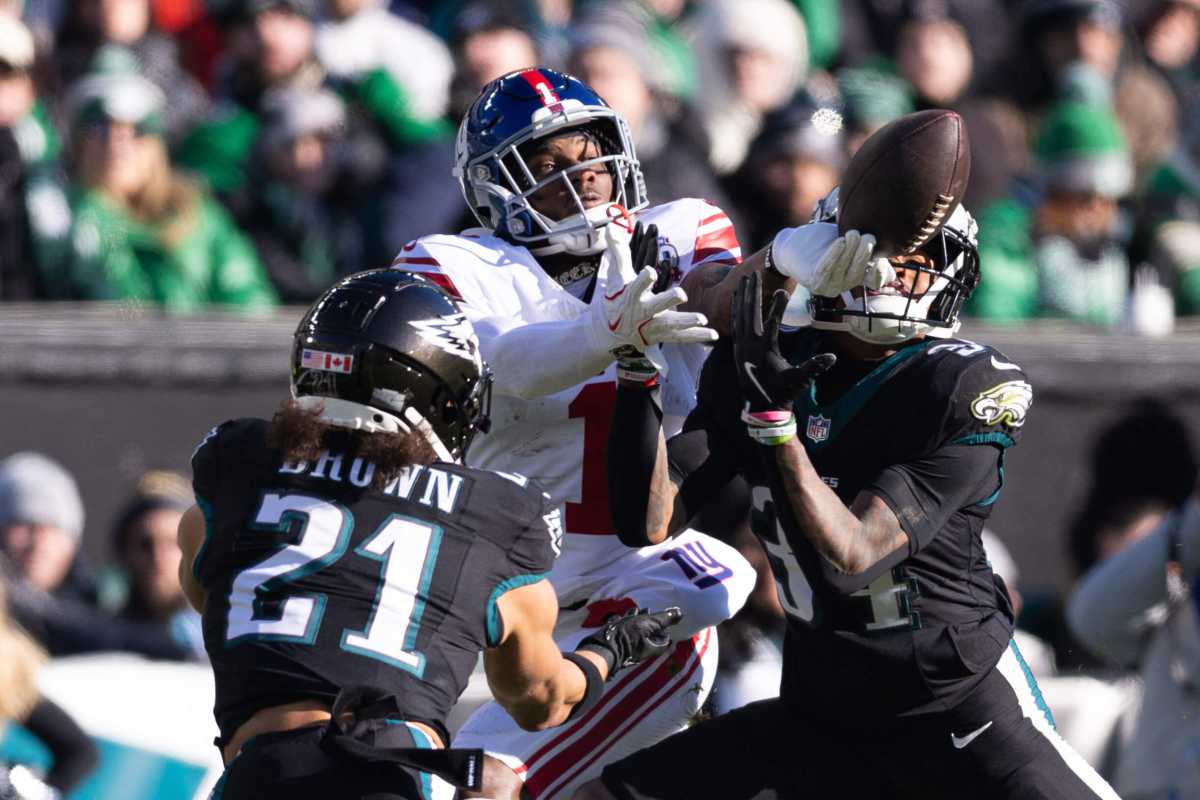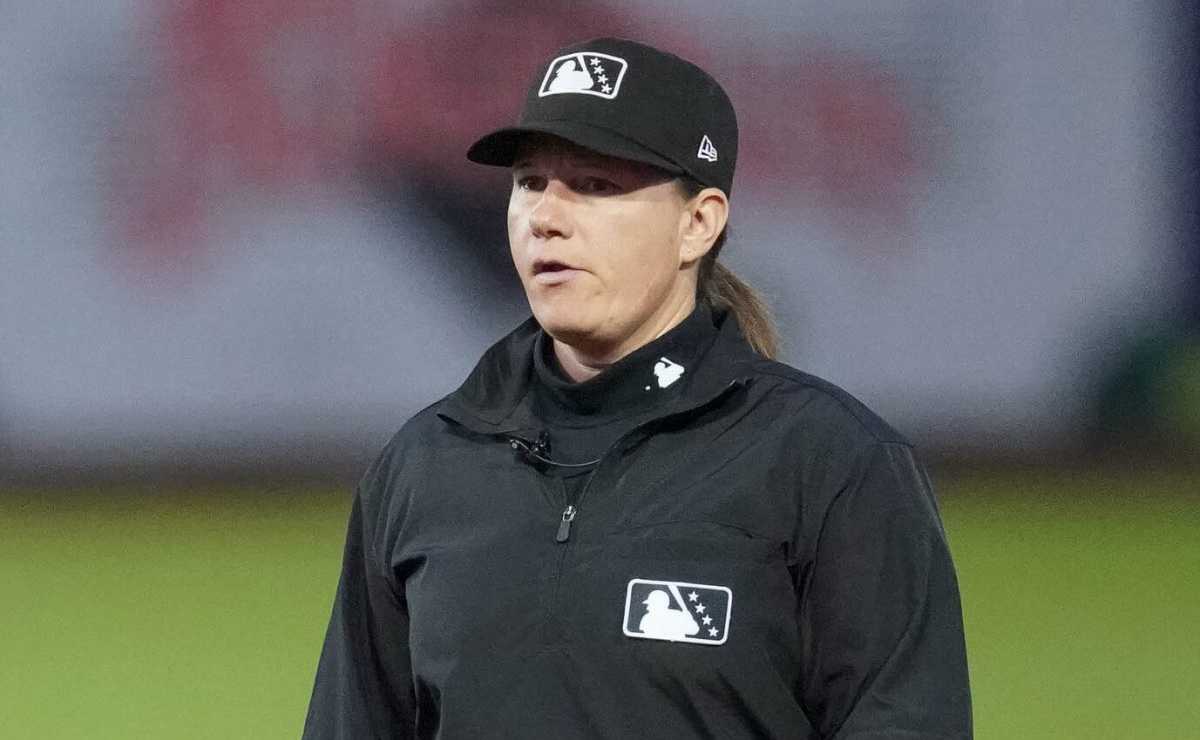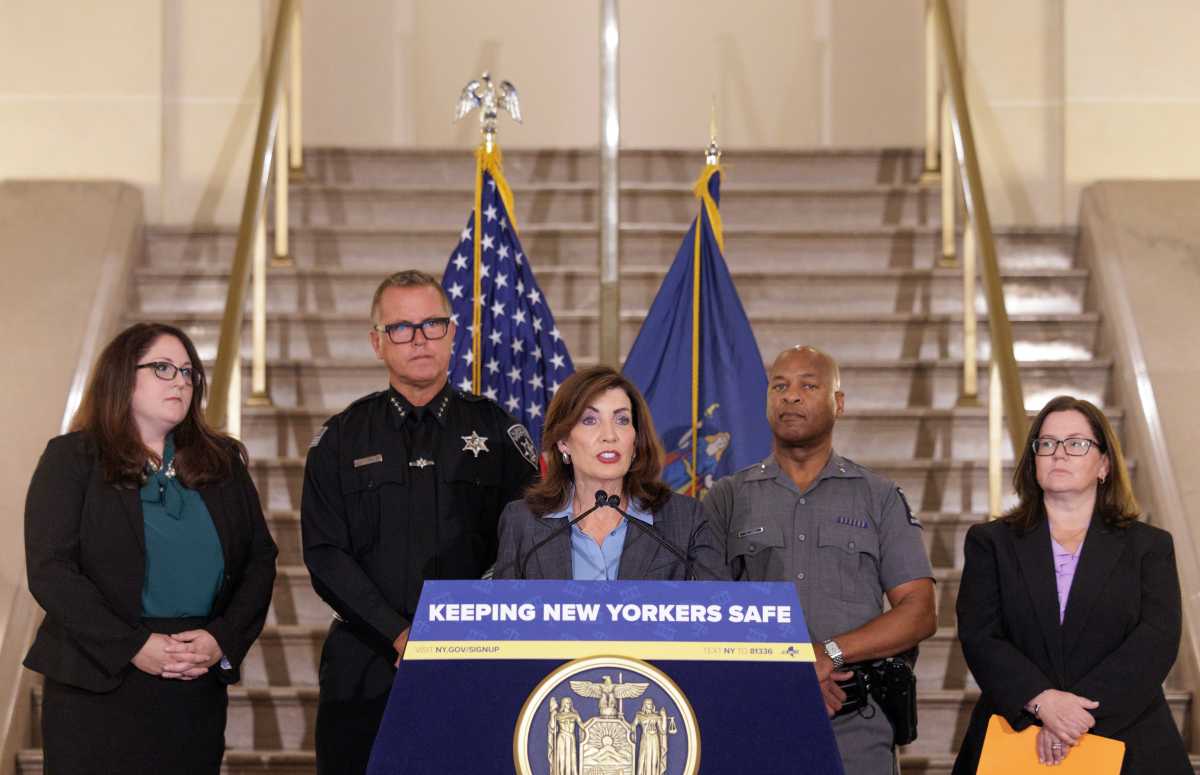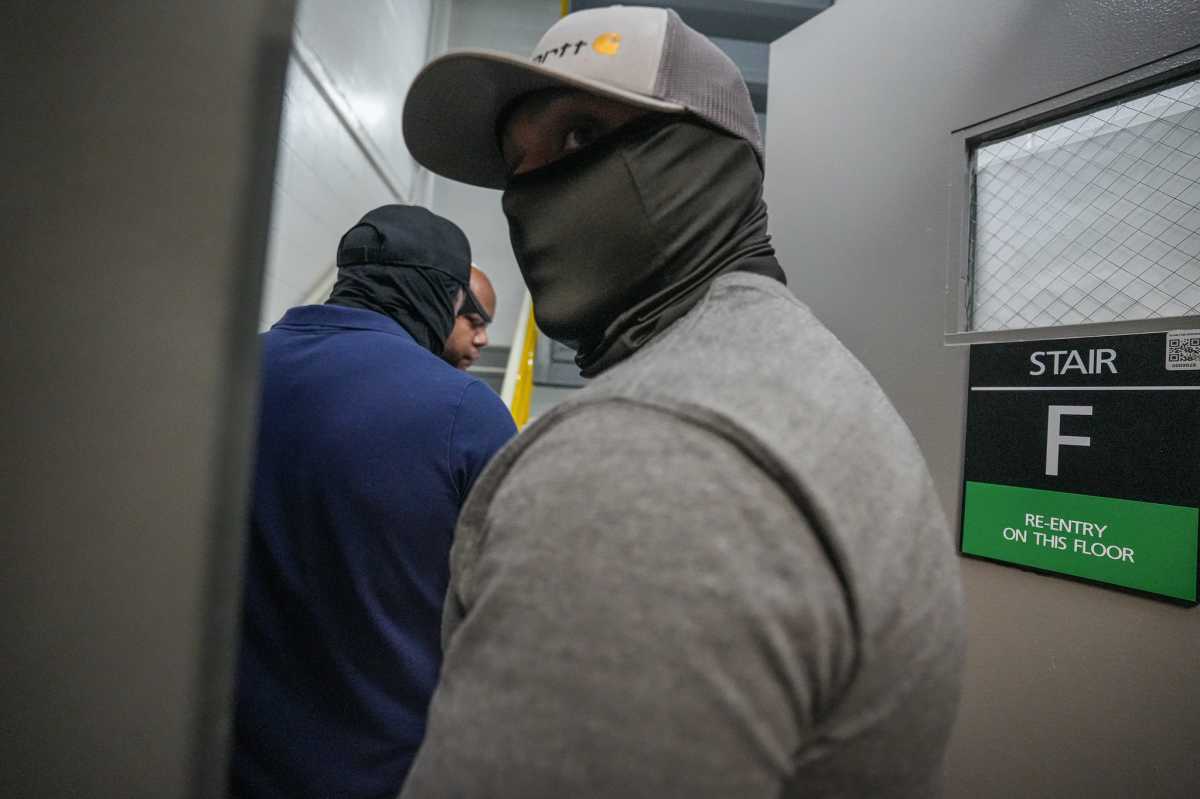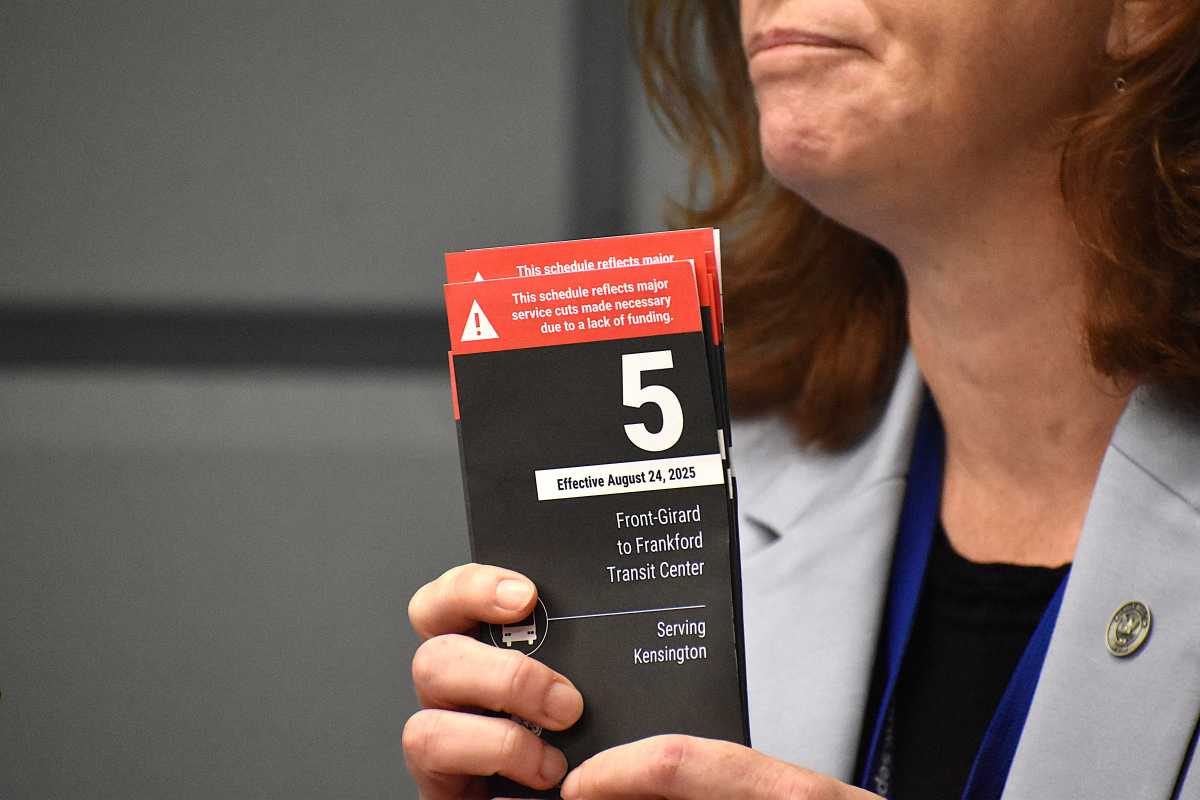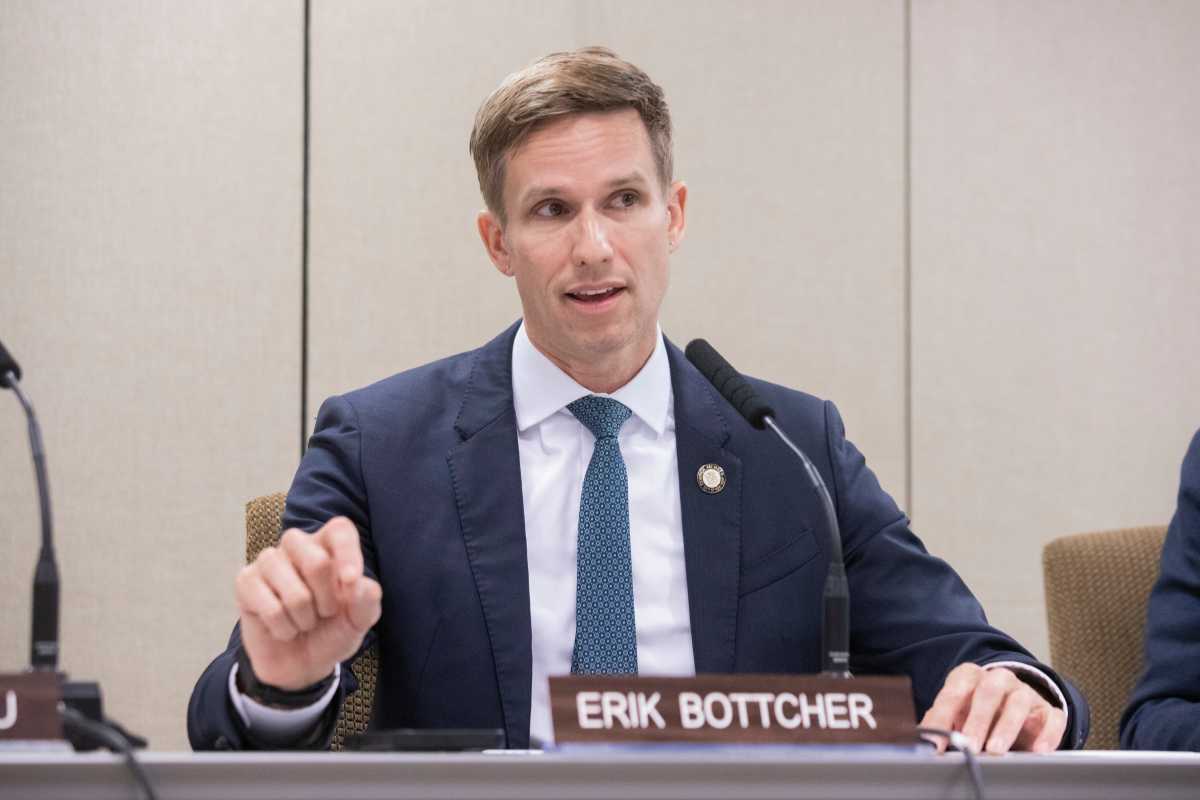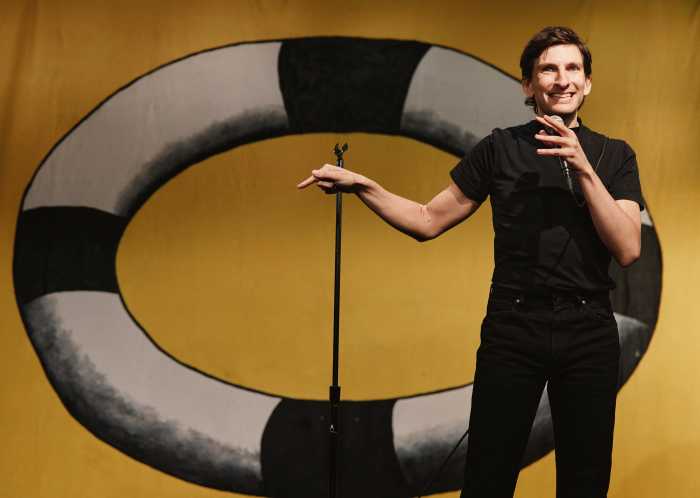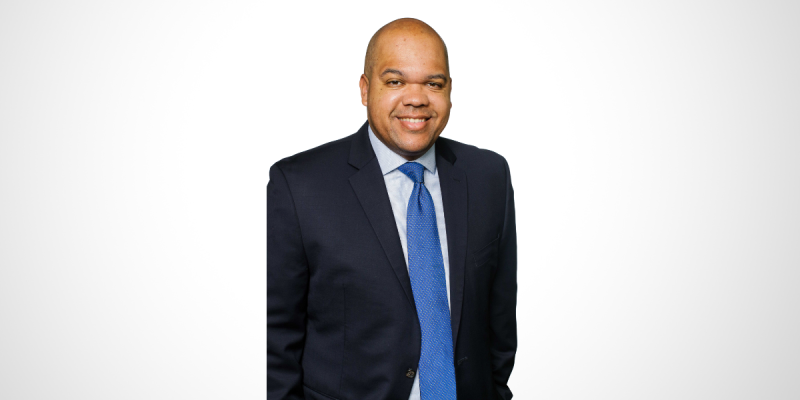Lukas Graham’s introspective “7 Years” is as tear-jerking as it is catchy, making it the perfect pre-summer track for the graduating generation. The four-piece Danish band, whose lead singer is incidentally named Lukas Graham, released their self-titled global debut (this one distinctively blue, a la Weezer) stateside in April from Warner Bros. following their U.S. breakthrough with “7 Years.”
The band is now nearing the end of their American tour and Graham catches up with us from middle of nowhere Oklahoma, which he’d describes as “very flat,” but lovely.
Who would you say some of your biggest musical influences have been?
That would be my father — he had a massive record and CD collection and introduced me to new bands. The standard saying is that after [age] 27, you don’t pick up new bands, so my dad would find new bluegrass bands or drum and bass bands like Prodigy and have me listen to them. Caleb
And you’ve said in the past that hip hop also plays a big role.
I don’t have a favorite genre, but rap music in general, story driven stuff has been a huge influence. I really liked Dr. Dre because he never shied away from anything lyrical. “2001” is one of the most groundbreaking albums in pop music. You would have Drake or Eminem or 50 Cent or the Game as they are today. You’d probably have them, but they would sound different.
In the middle of “7 Years,” there’s a moment where you hear a clip of an announcer saying “Lukas Graham” and a crowd screaming. What is that from?
It’s the first festival show we did in Denmark, the first time we played for 5,000 people inside a tent. There was this energy. [The crowd’s reaction] was like 115 decibels and our sound guys said we were allowed to play at 103 decibels. It was a crazy experience.
Was that a pinnacle moment for you as a band?
Yeah, but for me, my favorite sound is not when they are yelling but when they sing back. It gets me every time. It’s so weird, but I get emotionally involved because I get to do this for living. I have friends in prison for murder and drugs and guns and explosives, but I get to do this. [Our band] is so lucky, we’re the boys who got themselves together and did something instead of wasting our high school years behind bars.
Mentions of your parents appear a lot on the album, not only in “7 Years” but in “Funeral” and “You’re Not There.” What about them inspired you to write?
They were exceptionally good parents. There was food on our table, we had beds, we weren’t beaten, we had clothes on our backs. I remember hanging out with other people’s families and you realize how dysfunctional they can be for no other reason other than that their parents are f—ing dicks. The freedom that my parents offered us made me and my younger and older sisters conscious, giving, caring human beings.
I’ve read quite a few interviews where journalists are pressing you about when you’re going to write a love song. Are you over that?
I just don’t really care. Of course, I write love songs, I just don’t get why you need a full album. If that’s your thing, then go do your thing, boo boo. But I want a heartbroken song, a sad song, I want to capture a life, not just an emotion. That’s what’s annoying about love songs. “Happy Home” is a love song to my mom and dad. “Better than Yourself” is a love song to my friends in jail.
There are only two types of songs in life — love songs and war chant songs. “Take the World by Storm” is a war chant song, and that’s the only one on that record. I just f—k with people and say I don’t write love songs.








